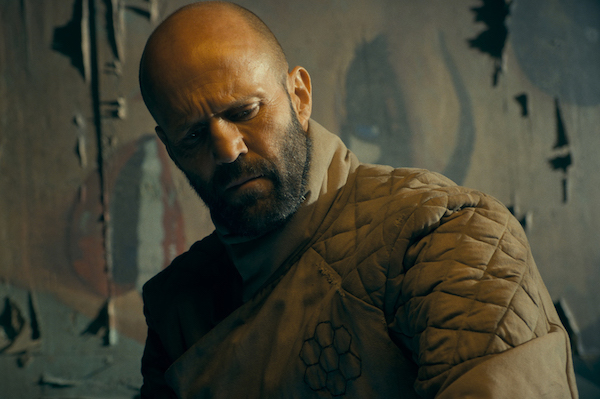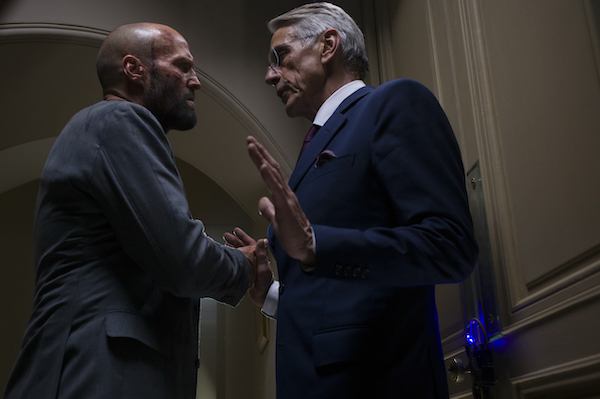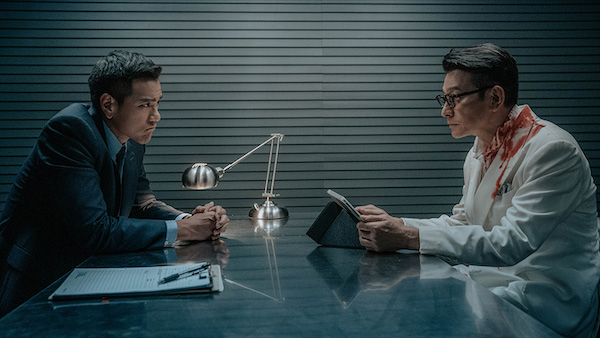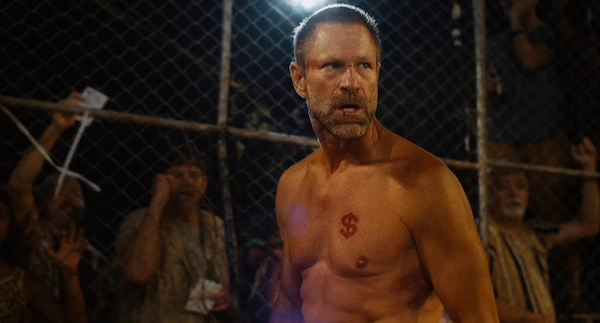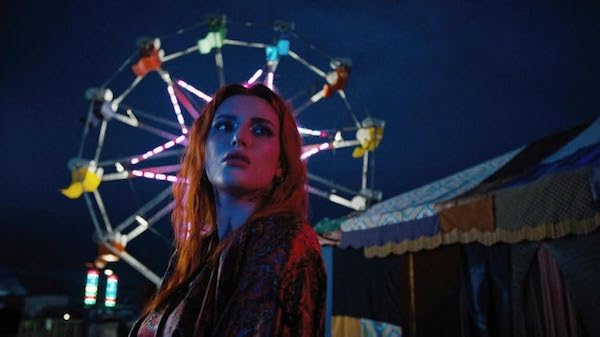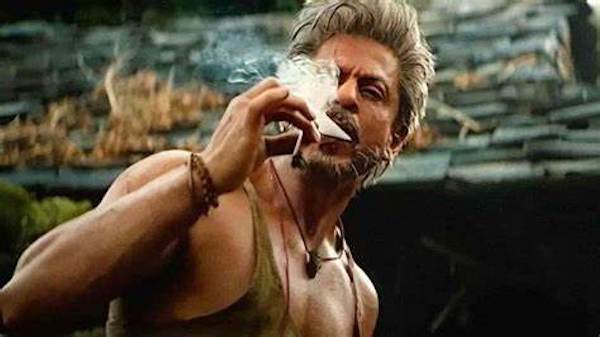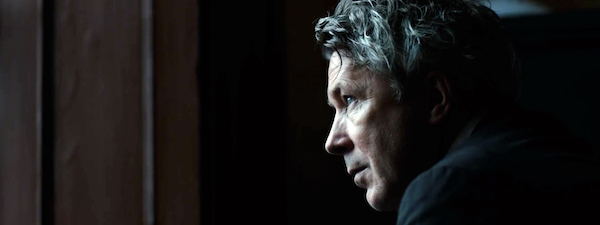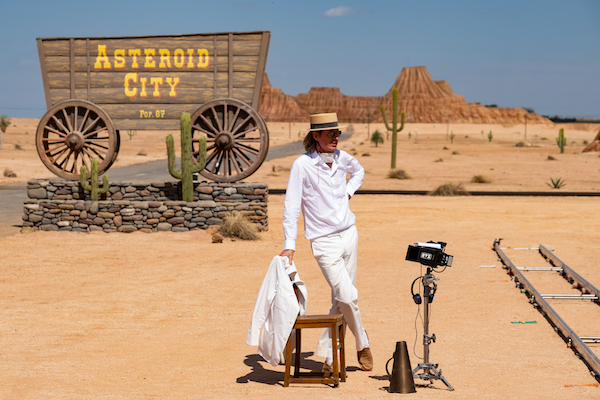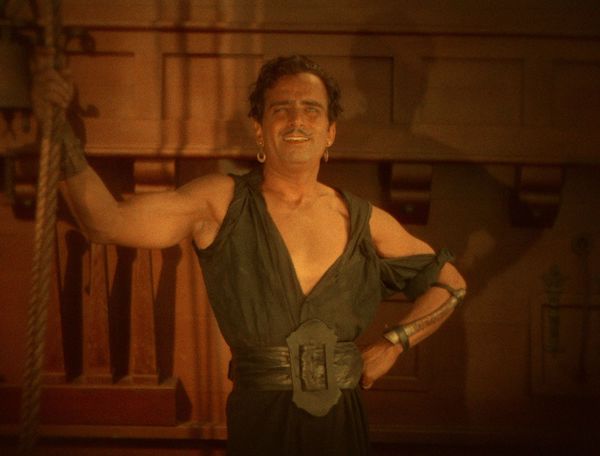
One of the highlights of the cinematic year is To Save and Project: The MoMA International Festival of Film Preservation, this year in its 20th edition. A collection of preservations and restorations from around the world, the series is a way to adjust our sense of the history of cinema.
To Save and Project opens with The Black Pirate, introduced on January 11th by Oscar-hopeful Alexander Payne. Starring Douglas Fairbanks, the movie is a perfect example of the problems facing film archivists in trying to present an authentic version of Fairbanks’ vision.
Fairbanks started planning the movie after he finished The Mark of Zorro, and decided early on to shoot in Technicolor. He and DP Henry Sharp tested the negative for months. Fairbanks hired Swedish artist Carl Oscar Borg to supervise the production design, and had illustrator Dwight Franklin prepare what we would call today storyboards of individual sequences. Another important contributor was Belgian fencing instructor Fred Cavens.
By the time Fairbanks donated The Black Pirate to The Museum of Modern Art, the Technicolor process he used was already obsolete, and the film materials were subject to shrinkage. Subsequent releases of the film used alternate takes and footage from 16mm prints. Assembling the most accurate version possible has taken years. This 4K digital restoration of the image is by The Museum of Modern Art and The Film Foundation, with funding provided by the Golden Globe Foundation.
While the restoration is sensational, the movie itself can be a chore. Fairbanks had been making movies for over a decade at this point, and his brand of exuberant, light-hearted action was beginning to wear thin. The Black Pirate was an enormous production, with life-size sets and scores of extras, but the story itself boiled down to confrontations between Fairbanks’ pirate aristocrat and his numerous enemies.
Pacing in individual scenes can be superb, and some of the stunts and swordfights are exceptional. The sight of Fairbanks slicing his way down a furled sail with just a hand-knife is one of the defining images of his time. And you are unlikely to see The Black Pirate in better conditions than at MoMA.
As for the rest of the series, just a glance at the directors involved— Chantal Akerman, Agnieszka Holland, Alain Tanner, Agnès Varda, Wim Wenders, Tsui Hark, Pietro Germi, Buster Keaton, Wong Tim-lam—shows how wide-ranging the schedule is.
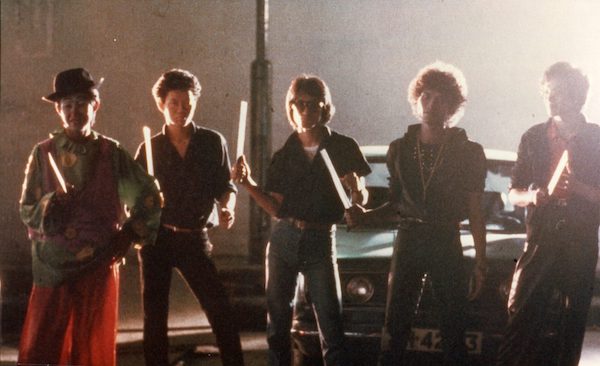
Also how relevant. Here’s Joseph Losey’s 1971 melodrama The Go-Between, whose score by Michel Legrand was repurposed for Todd Haynes’ May December. Also the uncut version of Dangerous Encounters: 1st Kind, a thriller by Tsui Hark that was first banned and then shredded by censors. It would be impossible to film today given the political climate in Hong Kong.
Film preservation used to be focused on silent cinema, and then on Hollywood auteurs. Like Arrowsmith, a 1931 drama directed by John Ford. Based on a Pulitzer Prize-winning novel by Sinclair Lewis, Arrowsmith received four Oscar nominations. MoMA is showing a restoration by the Library of Congress based on lead Ronald Colman’s personal print that includes ten additional minutes of material.
Today the concept of preservation and restoration has broadened to include world cinema, shorts, experimental films, even music videos—all of which are represented in this year’s To Save and Project. Acclaimed archivist Rick Prelinger will show two programs of sponsored movies on January 14th. January 27 finds a program of orphan films on 16mm. It’s also a day to celebrate the fiftieth anniversary of DEVO, with rock videos, concert footage, and other material related to the rock group.
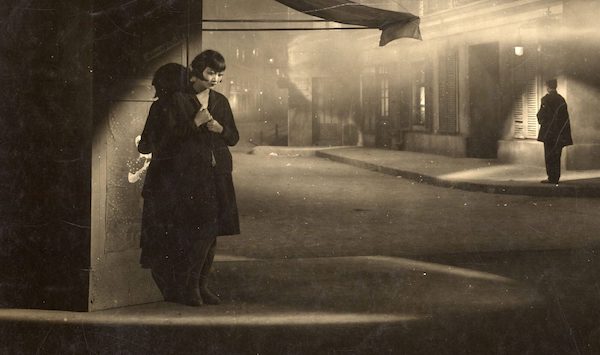
Milestone Films is represented by a new restoration of The Dragon Painter (January 20), produced by and starring Sessue Hayakawa, one of the earliest Asian-American stars in Hollywood. Immediately prior is a screening of the 1929 German film Pavement Butterfly starring Anna May Wong, who left Hollywood for Europe to find better projects.
The complete schedule can be found here: https://www.moma.org/calendar/film/5664
Photos: The Black Pirate. 1926. USA. Directed by Albert Parker. Courtesy The Museum of Modern Art Stills Archive
Di yi lei xing wei xian (Dangerous Encounters: 1st Kind). 1980. Hong Kong. Directed by Tsui Hark. Courtesy Spectrum Films
Pavement Butterfly / Großstadtschmetterling: Ballade einer Liebe. 1929. Germany/UK. Directed by Richard Eichberg. Courtesy DFF – Deutsches Filminstitut & Filmmuseum, Frankfurt

